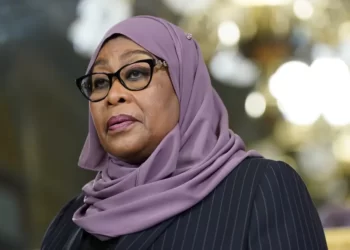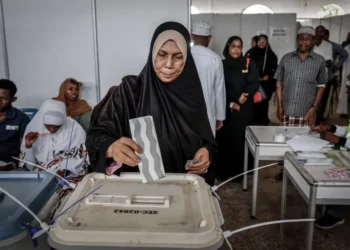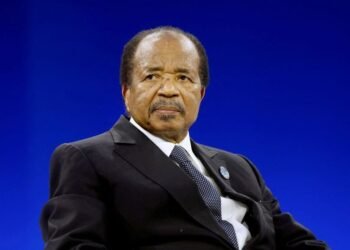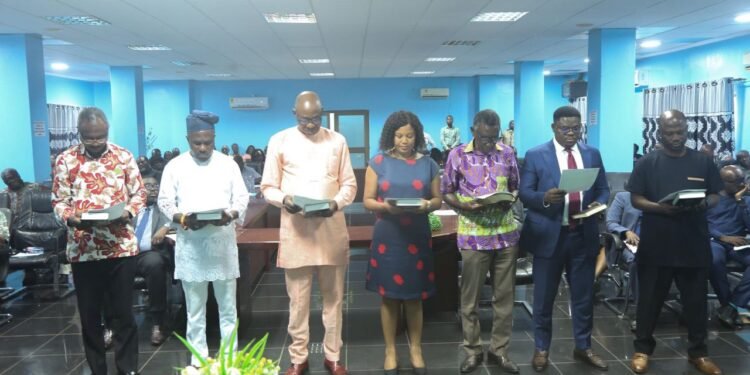At the 2025 U.S.-Africa Summit in Luanda, African Union Commission Chairperson H.E. Mahmoud Ali Youssouf made a powerful declaration: “We’re not seeking aid, but building co-created solutions.” His words captured the bold stance Africa is taking to redefine its partnership with the United States.
Addressing leaders and stakeholders, Youssouf emphasized Africa’s capacity for growth, driven by its population of 1.3 billion, vast resources, and expanding innovation landscape. From agribusiness hubs in West Africa to fintech ecosystems in East Africa, the continent is leveraging private sector-led development to fuel its transformation.
Youssouf outlined the sectors primed for U.S. investment, including manufacturing, digital technology, energy, and agro-industry. He highlighted how the AU’s Private Sector Forum, supportive legislation for SMEs and startups, and a newly established Digital Strategy are enabling inclusive prosperity across African economies.
“This should not just be a summit, but a call to action. Together, let’s walk the pathways to prosperity—with unity, purpose, and Agenda 2063 as our guide.”
H.E. Mahmoud Ali Youssouf
The summit occurs amid a shifting U.S.-Africa dynamic. Trade relations have long centered on the African Growth and Opportunity Act (AGOA), which allows duty-free access to the U.S. market for eligible African nations. Since 2000, AGOA has supported over $9 billion in African exports annually. Countries like Kenya, Ghana, Ethiopia, and South Africa have benefited, especially in textiles and agriculture.
But with AGOA set to expire in September 2025, and with the Trump administration signaling a more protectionist approach, uncertainty looms. A proposed 10% blanket import tariff on African goods and a possible reduction in aid programs like PEPFAR, which has been pivotal in fighting HIV/AIDS across the continent, are raising alarms.
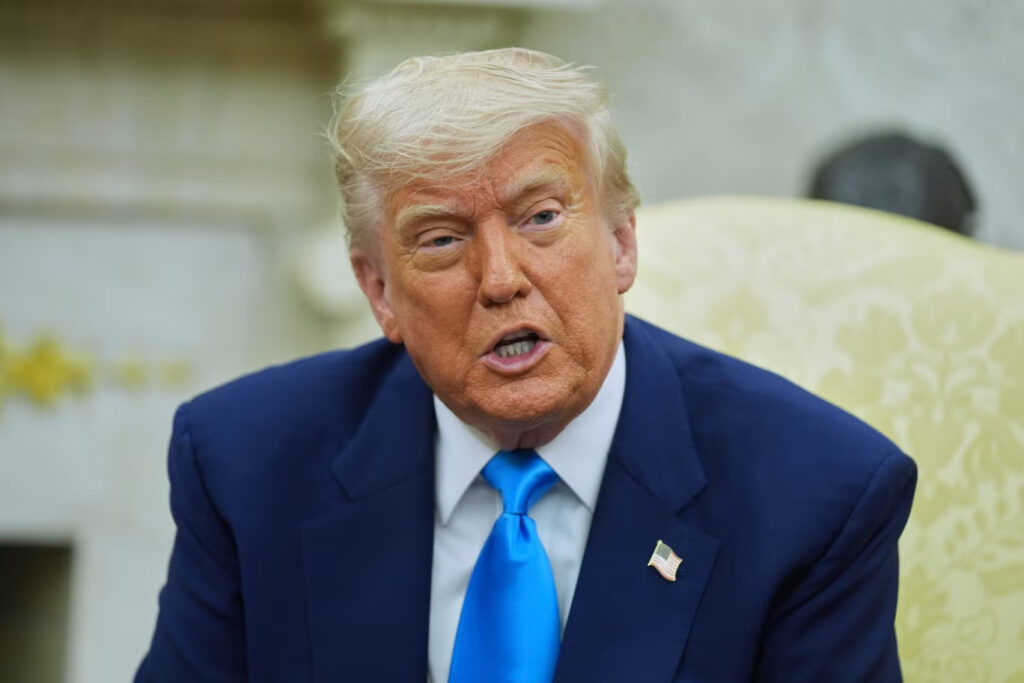
In response, African nations are looking inward and outward, strengthening intra-African trade while diversifying external partnerships. By modernizing supply chains and supporting agribusiness innovation, the AU aims to reduce dependence and build resilience.
U.S.-Africa Partnership Pillars
The U.S.-Africa Business Summit highlighted agrifood systems as a priority area for collaboration. The U.S. is seen as a potential partner in injecting capital and technology to boost productivity and food security for over 60% of Africa’s labor force, which works in agriculture.
Defense remains another crucial area. The Justified Accord 2025, hosted in Tanzania, brought together African forces under the U.S. Army’s Southern European Task Force, Africa (SETAF-AF). The goal is to improve joint crisis response and security cooperation amid rising regional threats.
Meanwhile, social and cultural engagements continue to strengthen ties. U.S. initiatives like the Youth Ambassadors Africa program are providing leadership and civic education to young Africans, empowering them to return home and implement community-impact projects.
Africa Day celebrations in Washington also underscore the soft diplomacy approach, bringing U.S. and African diplomats, investors, and community leaders together to engage on topics ranging from climate to health and innovation.
Despite the uncertainty around AGOA’s future and reduced aid, Africa’s position is clear. It seeks a mutually beneficial partnership—one that respects its agency and aspirations. The AU’s strategic leadership remains central to shaping this vision.
With Agenda 2063 as its guiding blueprint, Africa is looking not just to participate, but to lead in global economic, political, and cultural conversations. As the summit closed in Luanda, the message was loud and clear: Africa is not waiting to be helped; it is ready to co-create its future.
READ ALSO: Dr. Gebe Backs Political Basis for Ambassadorial Appointments




